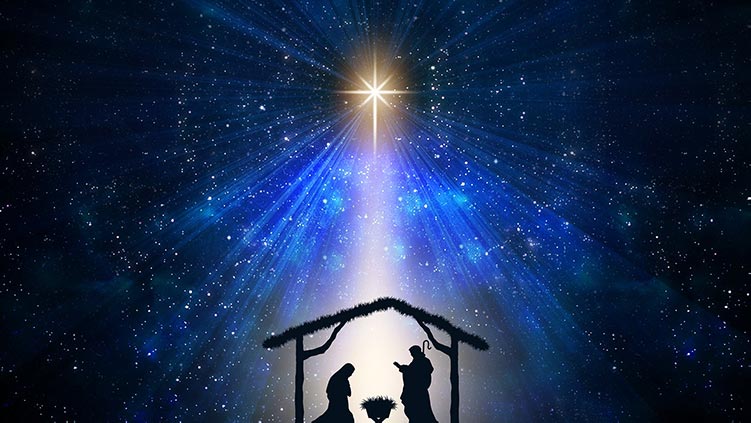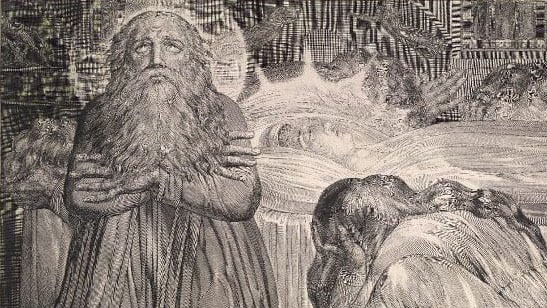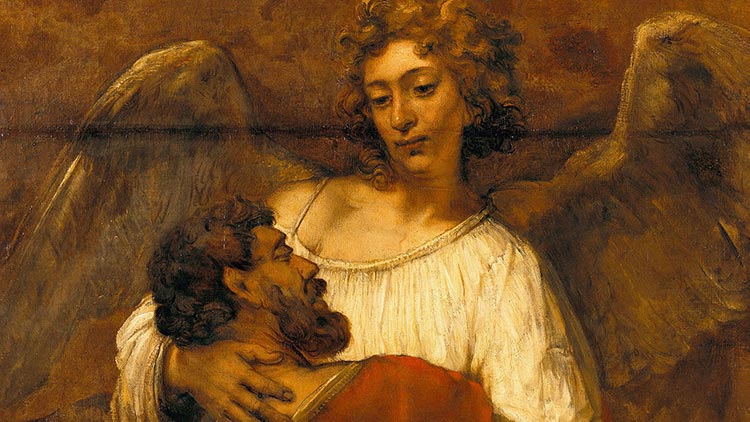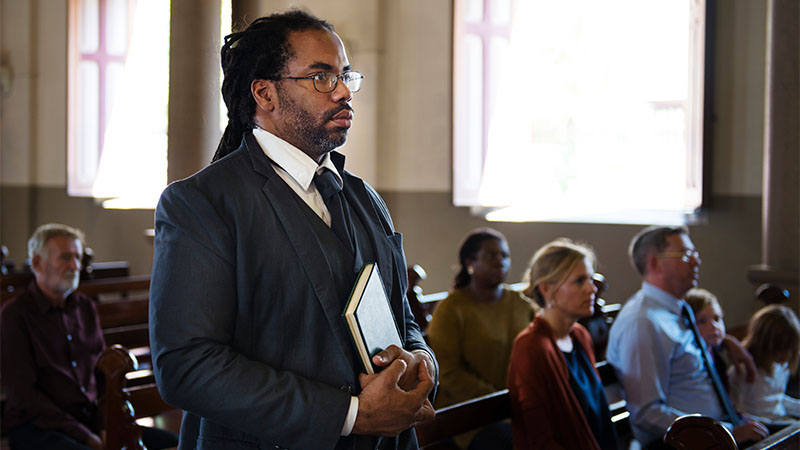The Horoscope of Jesus – Dates of Birth and Death
The topic of horoscopes, with reference to Jesus Christ, sparks debate. Some religious people regard astrological inquiry as impious or at least trivial. Others reason, to the contrary, that astrology may lay claim to truth from one vantage point. Jesus himself advised that “the truth will make you free” (John 8:32). Every branch of knowledge … Read more









